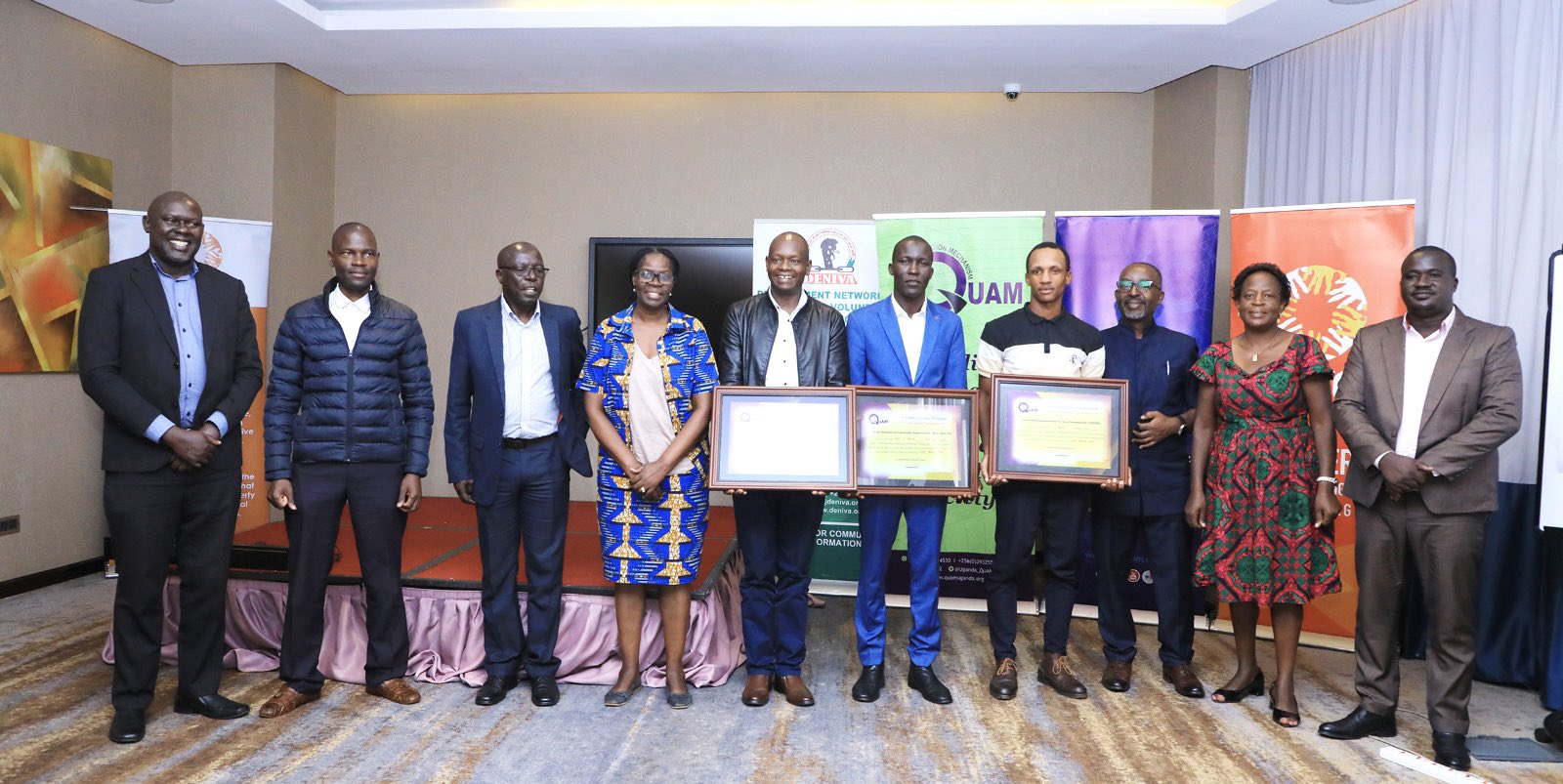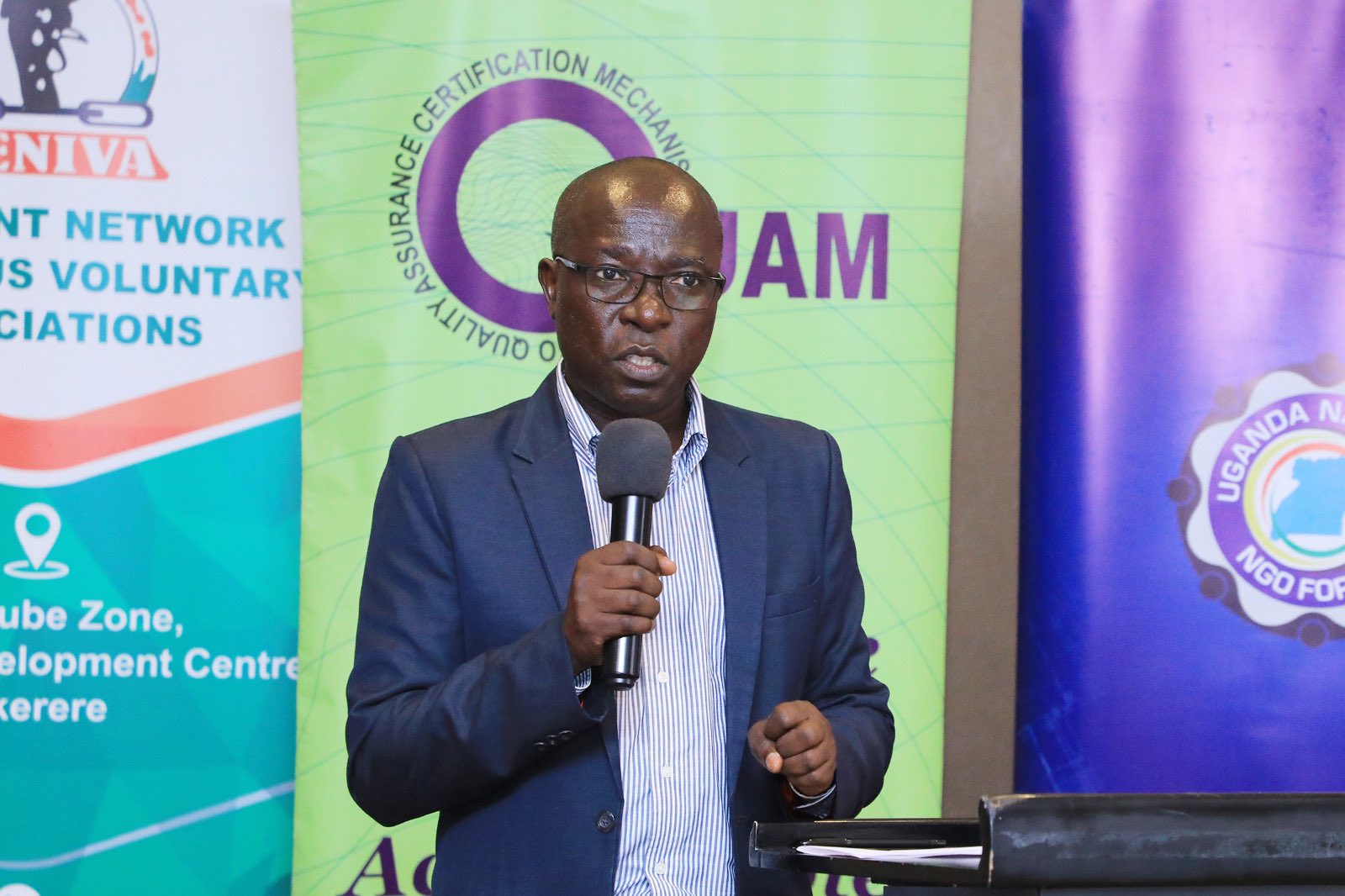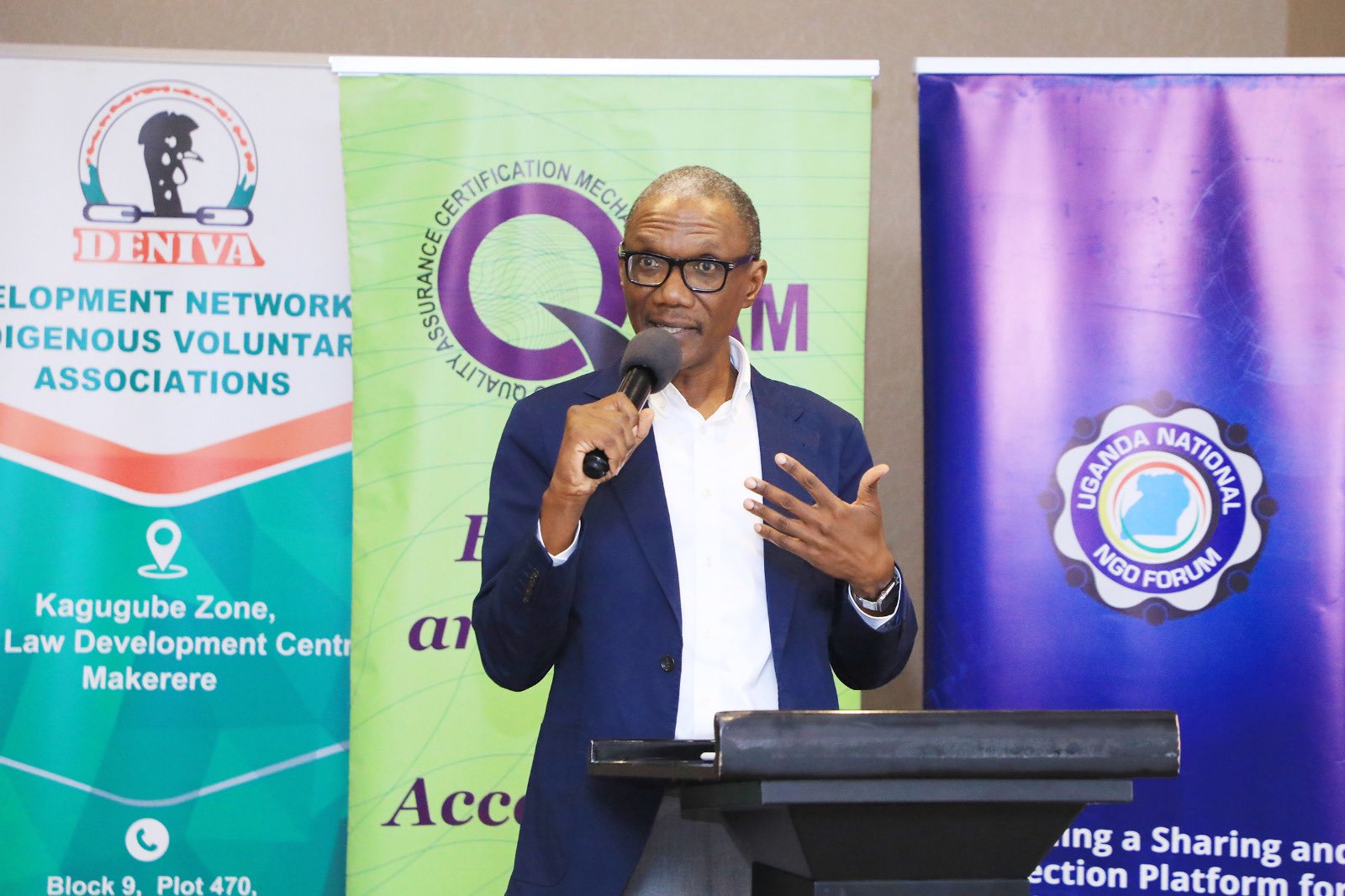UNNGOF launches a project on enhancing civic space for CSOs.
The Uganda National NGO Forum is set to roll out a project called “Growing Opportunities for Constructive Civic Engagement for CSOs (GO-4-CCE) in Lango, Teso and Karamoja Regions” running from May 2017 to January 2018. The overall objective of this project is to formulate a constructive engagement strategy that supports the expansion of civic engagement space for civil society in the selected regions.
UNNGOF undertook a project inception meeting on the 5th June 2017 at Pearl on the Nile Hotel Jinja attended by 15 participants drawn from the ICCO partners. Speaking at the meeting, Mr. Manishimwe Emilian the Program Officer East, Central and Southern Region-ICCO noted that ICCO-Cooperation is rolling out a Convening and Convincing (C&C) Program in Lango, Teso and Karamoja region which is developed in line with the Uganda social and political context, past and current ICCO Consortium members program track record and within the overall C&C programmatic framework. In this program, he said ICCO-Cooperation would focus on the three pathways; Political space for CSOs, Realizing inclusive and sustainable food systems, and, Small producers’ empowerment and access to markets. He then introduced UNNGOF as the ICCO partner to take participants through pathway one.
Speaking at the meeting, Mr. Richard Ssewakiryanga the Executive Director of UNNGOF said the project aims at increasing awareness among the CSOs and duty bearers on the NGO Act 2016 and its regulations and POMA; Create avenues for continued dialogue between CSOs and duty bearers at the sub-county and district level; To equip CSOs with tips on how to operate within a restrictive environment; to strengthen CSOs partnerships/collaborations at sub-county and district leaderships for sustainability of CSO interventions; to identify and share best practice examples and tips of CSO-Government relations. Mr. Ssewakiryanga said “the project will identify and share best practice examples and tips of CSOs-Government relations”. He added that the project will also seek to strengthen CSO collaborations at district and sub county leadership for sustainable CSO interventions.
Mr. Ssewakiryanga informed participants of the expected project outcomes to which he called upon the partners to support UNNGOF to achieve them. Expected outcomes include; clear understanding and in the appreciation of the legal operating environment for NGOs especially in line with the NGO Act 2016 and POMA; A collaborative framework for NGOs and Local Government leaders. This will provide a basis for effective engagement and advocacy; The lessons from the project implementation will be useful in informing other related interventions in other regions; Better citizen organizing and collaboration in the regions around Pathway 2 and 3.
For civil society to flourish it requires a favorable enabling operating environment, which depends upon the actions and policies of the State. This implies that the State should primarily ensure free choice of interests, freedom of public speech, assembly, association and action for citizens. The enabling environment can be seen as a function of the legal freedom (freedom of association, expression, right of information legal recognition of CSOs), financial freedom (right to seek and secure funding from legal sources), and political freedom (space provided for CSOs in policy discussion). In this project, Uganda National NGO Forum will thus purpose to Create Space for CSOs by exploring the Opportunities and Threats within a Shrinking Political Space environment.



